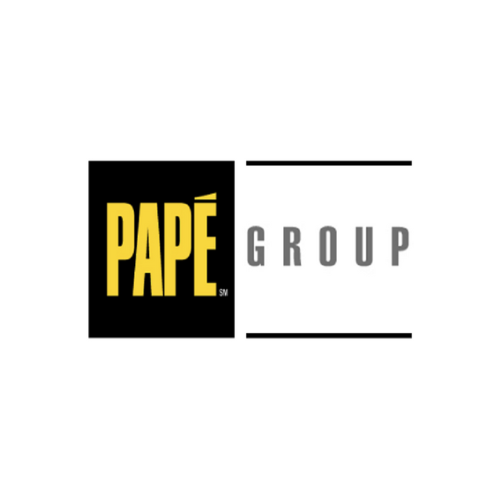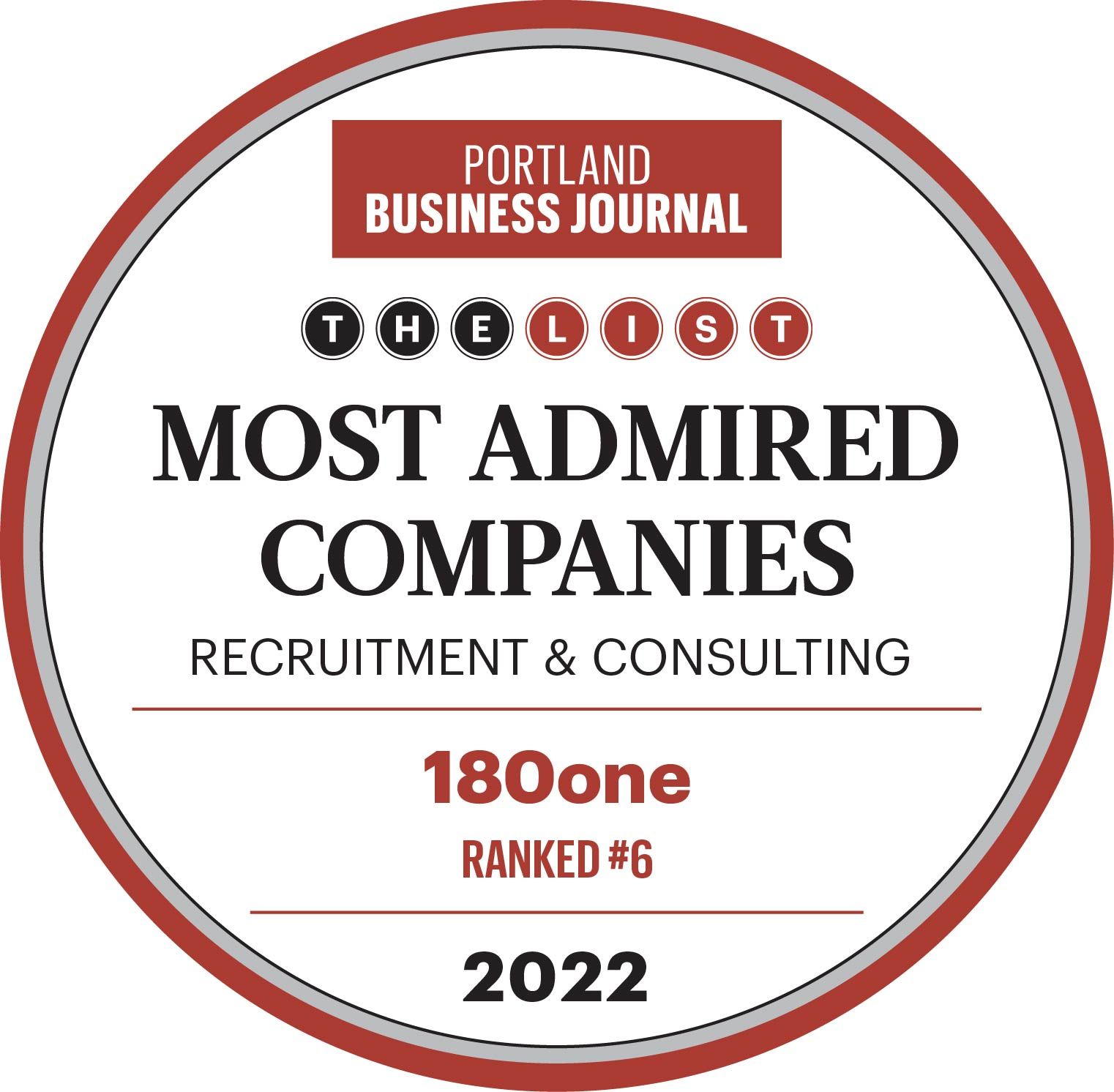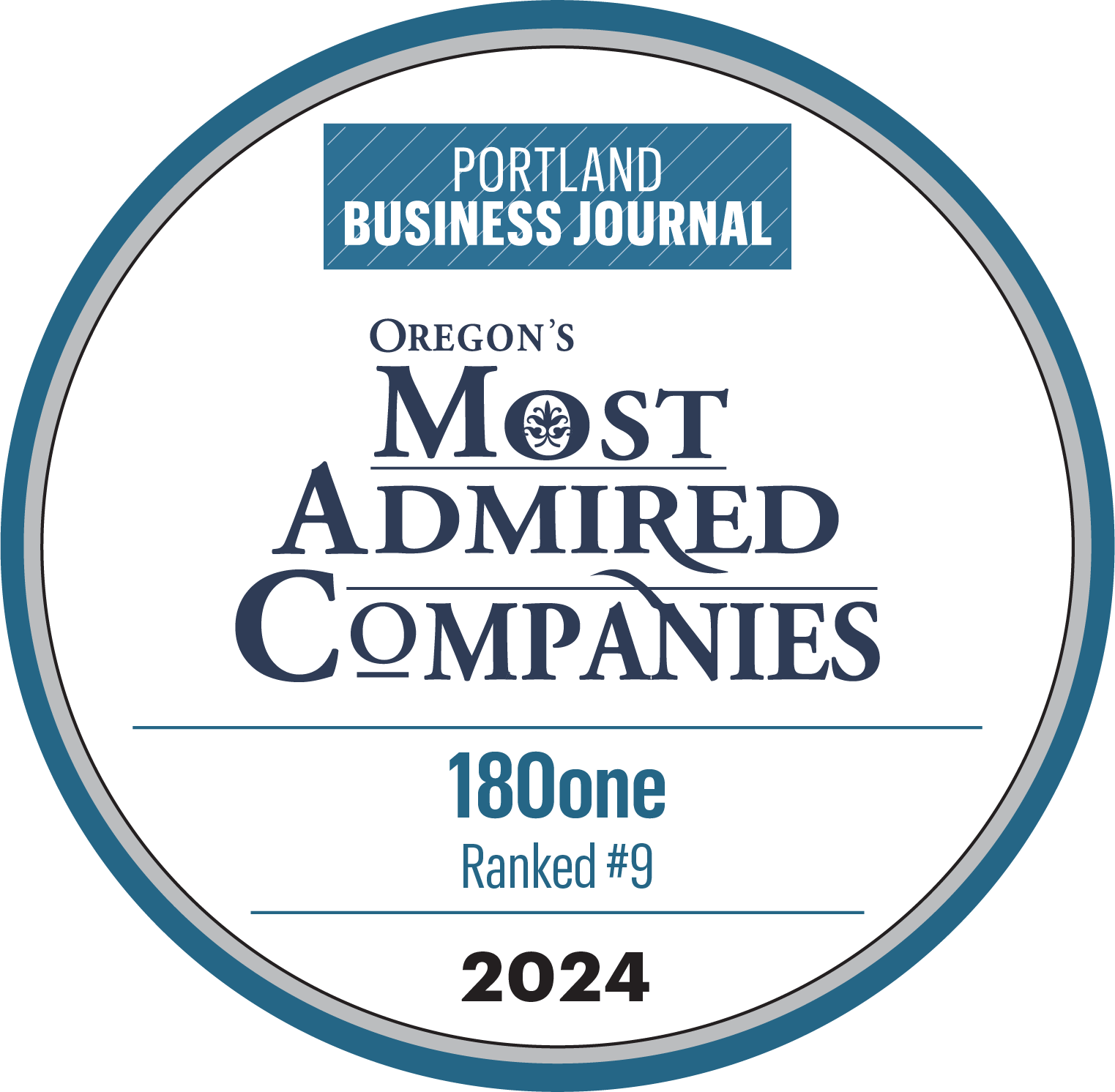Diversity and Inclusion (DEI) in Recruitment - Five Best Practices
Where does your company stand on diversity, equity, and inclusion (DEI)? Given the ever-growing evidence-rich body of research about the benefits of committing fully to principles of DEI, it is undoubtedly front and center on your radar screen. How do you move forward in your DEI goals?
The last thing any company wants is to be perfunctory in its attention to diversity, equity, and inclusion. When something important starts to catch on, it can be dismissed as a media “catchword” pigeon-holed as a “fad.”
As you know, DEI is neither.
It is how a successful business defines its internal culture and its forward-facing mission and vision. It encompasses every part of the business of doing business, from hiring to promotion, from strategy to implementation, from product development to sales.
- D is for diversity – the presence of a wide range of differences within your team. These could include race, gender, ethnicity, sexual orientation, age, socioeconomic status, disability, religious or political perspectives, and more.
- E is for equity – which encompasses fair processes and procedures, an expectation of fairness, and an equitable distribution of resources. It ensures that everyone on the team can contribute fully, without facing disparities or roadblocks in place due to implicit cultural bias.
- I is for inclusion – more than integration, inclusion is not simply the presence of diverse employees, but their welcome presence. If your diverse hires are not just expected to participate fully in decision making, planning, and strategy, not simply offered an invitation to do so, but they actually do – then you have mastered inclusion.
How do you incorporate inclusive hiring practices into your organization and become an inclusive recruiter?
Inclusive Recruitment Shifts Corporate Culture
In an article published by The Harvard Business Review in 2018, the authors talk about the fact that culture is shared, pervasive, enduring, and implicit. As a result, culture changes only slowly without a concerted, focused effort to bring the goals for company culture to light – making them explicit and intentional.
Thus, hiring is one of the best ways to begin shifting the culture of your company in meaningful ways. This involves recognizing the benefits of a diverse workforce, implementing inclusive hiring practices and equitable recruiting strategies, and ensuring that these goals are understood by everyone in the organization.
Diversity and Inclusion Recruitment Best Practices
Businesses that want to implement diversity, equity, and inclusion need to invest the energy and time to ensure diversity in recruitment, equitable hiring practices, and inclusive messaging throughout the process. A truly equitable hiring process will take more time and energy because it must eliminate any shortcuts previously relied on, turning to less traditional sources. Rather than thinking of your candidates as existing in a funnel or a pool, try to see a wide open ocean of qualified candidates for your diverse hiring.
How does your company ensure a successful DEI hiring process? We’ve identified five practices to get you started.
1.Educate the organization. This includes everything from bias training to education about the importance of inclusive hiring practices. This is not just a few half-day seminars, but a systematic process of consistently engaging in conversations about organizational culture and the importance of diversity, equity, and inclusion to the company’s future. This cultural shift has to begin with leadership. Nothing substantive will change without the commitment of those at the top to DEI principles.
Sometimes all it takes is some solid data to get people’s attention. We know that DEI affects workplace satisfaction, employee retention, and the bottom line. A Deloitte survey found that 80% of respondents said that inclusion is an important factor in saying “yes” to a job offer, and 72% said they’d consider leaving their current job in favor of a more inclusive workplace. Additionally, a 2015
study by McKinsey and Company found that companies “in the top quartile for racial and ethnic diversity are 35% more likely to have financial returns above their respective national industry medians.” For gender it’s 15%.
2.Understand your numbers. Without knowing what the numbers say, you will be flying blind. Crunch the numbers within your organization regarding diversity – race, gender, ethnicity, sexual orientation – the top diversity factors you want to prioritize. Where are you now? What numbers make sense given the data within your industry? How do you want the numbers to change regarding gender, ethnic, or racial diversity, and on what timeline? It’s also important to be informed about the numbers within your candidate pool. For example, if you are looking to fill a leadership position in engineering, determine what percentage of leaders in that field are diverse. Then set your sights on a pool of candidates that exceeds that percentage.
Many large companies will not even begin the interview process until their candidate pool has a minimum of 25% diversity representation. Without the numbers driving your hiring process and decisions, you’re less likely to hit your aspirational goals.
3.Job descriptions that are inclusive. In 2019, ABC News reported on a Hewlett Packard study that found that women reliably apply only to jobs for which they meet 100% of the listed criteria, whereas men will apply if they meet only 60%. To avoid gender bias, consider emphasizing transferable skills and experience and being less specific in requiring skills that can be taught on the job.
Some things to consider in rewriting job descriptions to be more gender neutral: eliminate words that can be construed as gender-coded such as aggressive, competitive, driven, or outspoken.
Racial bias, like gender bias, is most often implicit, and thus recruitment professionals who acknowledge the importance of inclusive hiring can and do unwittingly perpetuate that bias. Start with avoiding phrases like “cultural fit,” using words like “values” and “vision” instead. Unless the job requires top-level language skills, avoid deterring qualified non-native speakers by skipping phrases like “strong English language skills.”
4.Screen in, not out. One of the best ways to increase your diverse candidate pool is by using the inclusive strategy of “screening in.” The traditional path of businesses considering talent exclusively from within their own industry or with a certain number of years of experience often limits options when one of the priorities is diversifying candidates. To meet all your hiring goals, rethink your skill “must haves” and look for transferrable skills and evidence of a growth mindset. According to the World Economic Forum, “54% of all employees will require significant reskilling and upskilling in just three years.” Since learning is part of excellent performance anyway, why not screen in for learning capacity rather than screening out for lack of specific skills or industry experience? In your interview process, ask industry-agnostic questions to screen in, rather than out.
5.Mitigate bias. One of the best ways to reduce bias from the hiring process is to be more deliberate, base candidate assessments on objective criteria, and make sure the process is replicated precisely for all candidates. This approach often has more success than some of the quick-fixes marketed for bias-reduction. For example, there is solid evidence that blind résumés often work well, but sometimes removing candidate names fails to eliminate all evidence of race or gender, and algorithms that focus on historical data can’t eliminate historical bias that impacts a candidate pool for generations. See
180one post on interview bias for more insight.
Ensure Your DEI Values Are Reflected in Your Outcomes
In a significant study conducted at Wharton, researchers Judd B. Kessler and Corinne Low found that when they “peek[ed] under the hood of big prestigious firms, … [they] found a surprising amount of race and gender bias given that these firms claim to be seeking diversity.” They go on in a report titled “How Companies Committed to Diverse Hiring Still Fail” published by the Harvard Business Review, to say, “To answer the call of the current moment, firms need to take a hard look at their hiring processes and face up the fact that they may not be as diversity-loving in practice as they are in intention.”
The answer to, “How to recruit a diverse workforce?” is not a simple one, and it requires time and effort, but the result is a healthier culture and a more effective and committed workforce. Start at the top. Your intentions are good; now you need the tools and resources to shift your process so you can start to see results.






